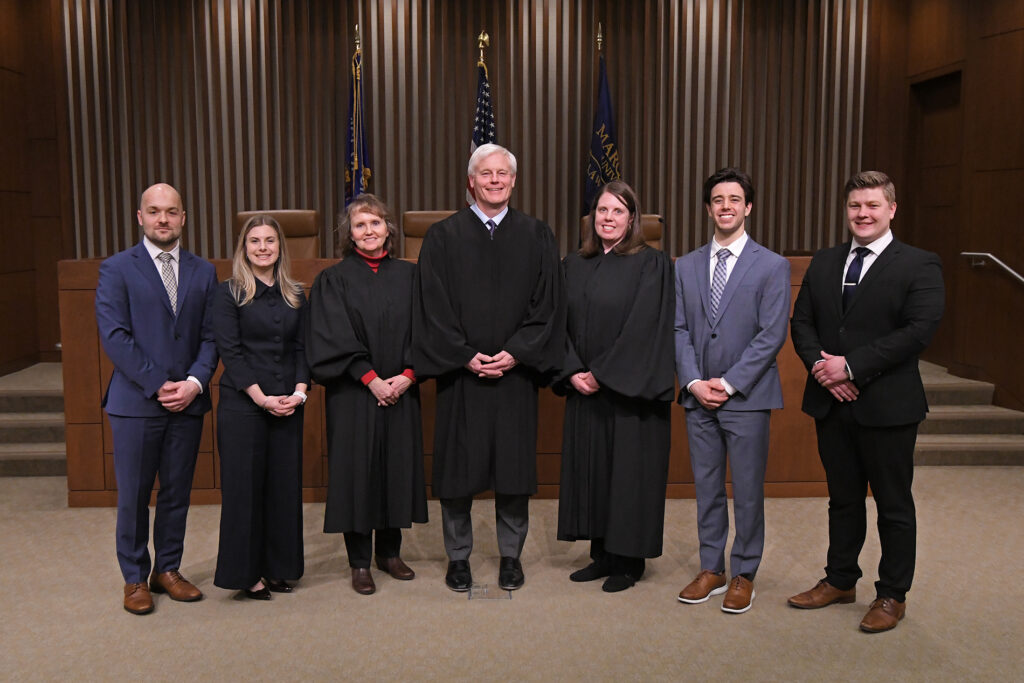Working for Justice in a New Way

I’m honored to reintroduce myself to the Marquette Law School community, beyond Dean Kearney’s beginning-of-year letter. In my new (if returning) role as an adjunct faculty member, I look forward to sharing what I’ve learned from a long career working in the criminal justice system and pursuing the wise reforms it needs.
I have spent my professional career in Wisconsin, first as a staff lawyer in the State Public Defender’s office in Milwaukee and then, starting in 2000, as its Regional Attorney Manager, leading the SPD’s Milwaukee trial office. Yet almost as important to me was the opportunity offered to me in 1997 to teach the Public Defender Clinic as an adjunct professor at Marquette Law School. I was welcomed into the Marquette community and have felt close to its mission ever since. More about that in a minute, after some further background.
Having grown up in Connecticut, I entered Northwestern University as an undergraduate with a deep, if unfocused, interest in history, literature, philosophy, and related topics. I spent four amazing years becoming grounded in what one writer famously described as “the best that has been thought and said in the world.” I will forever be grateful for the professors at Northwestern and many others, including my parents, who made that possible. I learned a few things.


